

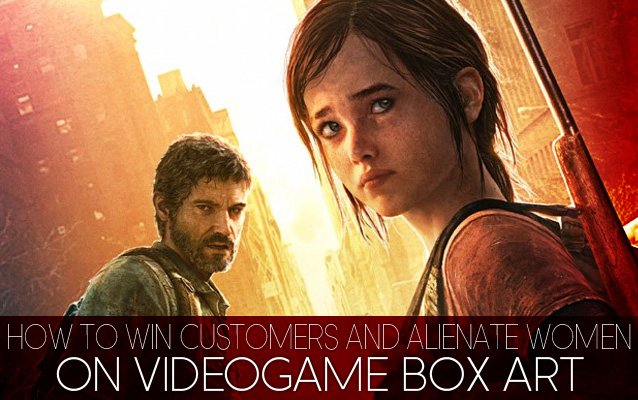
There's a big reason everyone talks about sexism in games culture: it's a big deal.

More recently, the discussion has turned its attention towards videogame box art. Irrational Games' upcoming title BioShock Infinite is set to feature the game's main character holstering a shotgun, with minimal reference to the game's important social themes of jingoism, American Exceptionalism, and social inequality. The box art gives little indication that it's anything other than a run-of-the-mill shooter, making little reference to the game's more serious topics.
The game's designer Ken Levine explained in an interview with Wired that the artwork was for the "uninformed" masses who would buy the game with little to no knowledge of its content. According to Levine, the team at Irrational visited some fraternity houses to poll the college students about their knowledge of the original BioShock, and to the team's dismay, none of them had even heard of the game.
"We went and did a tour… around to a bunch of, like, frathouses and places like that," said Levine. "People who were gamers. Not people who read IGN. And [we] said, so, have you guys heard of BioShock? Not a single one of them had heard of it."
Levine and his team's rationale for designing the box with the focus on a "man with a gun" is understandable, but I would argue that pandering to the lowest common denominator only serves to weaken the product. The game may well be regarded as a work of art but its marketing does nothing but detract from the impression. If marketing departments have that much control over the game, it raises the question: what else are they willing to do to cater to players wholly uninterested in the game's premise?
Is this strategy worthwhile? Is it really worth sacrificing the game's artistic merits to cater to what may well be a small group of people at the expense of everyone else?
To Irrational Games' credit, Levine and his team have provided a solution—of sorts—by holding a contest for players to vote upon reversible cover art that owners of the game can use to make the game look prettier on their shelves.
In any case, the developers of The Last of Us have encountered the same hurdle at their own marketing department. With regards to the box art, the game's creative director Neil Druckmann revealed that marketing wanted the game's main female character, Ellie, to be pushed to the back cover.
"I feel like they don't put women on the covers because they're afraid that it won't sell," said Ashley Johnson, who voices Ellie, in an interview with VG247.
"It's all gamers really know—and I don't want to be sexist by any means—but I get the feeling, generally, that they think game's won't sell as well with a woman on the cover, compared to some badass dude on the front.”
Neil Druckmann agreed with her assessment of the situation, and revealed that the developers at Naughty Dog were under pressure to go for a cover with no women on it.
 "I agree with what Ashley said. I believe there's a misconception that if you put a girl or a woman on the cover, the game will sell less. I know I've been in discussions where we've been asked to push Ellie to the back and everyone at Naughty Dog just flat-out refused."
"I agree with what Ashley said. I believe there's a misconception that if you put a girl or a woman on the cover, the game will sell less. I know I've been in discussions where we've been asked to push Ellie to the back and everyone at Naughty Dog just flat-out refused."
The marketing departments' insistence on removing Ellie, a female character, from the game's cover can be traced to research indicating that games featuring non-sexualized women on the box don't sell well. Contrary to the research, it can be argued that games with exclusively female heroes don't sell well simply because publishers don't support them.
If truth be told, there are innumerable factors which account for poor sales, and to single out a game's failure based on the appearance of a female character may be overly simplistic. As the rule goes, correlation does not equal causation, and that certainly applies to videogames as well as anything else.
It is easy to ignore every other element of a videogame and blame lackluster sales on its box art. But what purpose does it serve? You're not doing your job properly if you don't do proper research into the games you're supposed to promote.
It does the industry no good for PR and marketing departments to perpetuate sexist ideas in a time when women are only just beginning to gain acceptance as gamers and game developers alike.
If games are to be elevated from mere consumerist products into works of art, and the passions of gamers carried beyond the hobbyist treehouse, the industry should start by affording videogames a little more respect and treating its customers like connoisseurs instead of consumers.



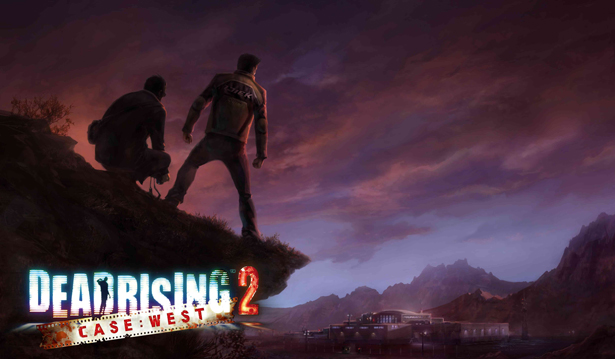
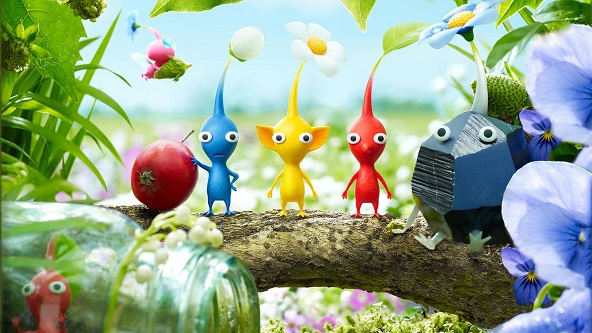 Pikmin 3 Walkthrough
Pikmin 3 Walkthrough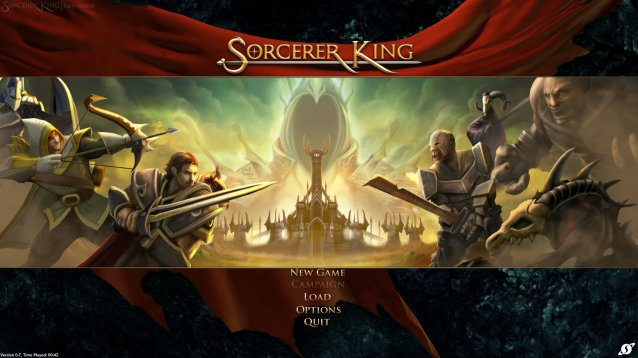 Sorcerer King Interview With Stardocks Brad Wardell
Sorcerer King Interview With Stardocks Brad Wardell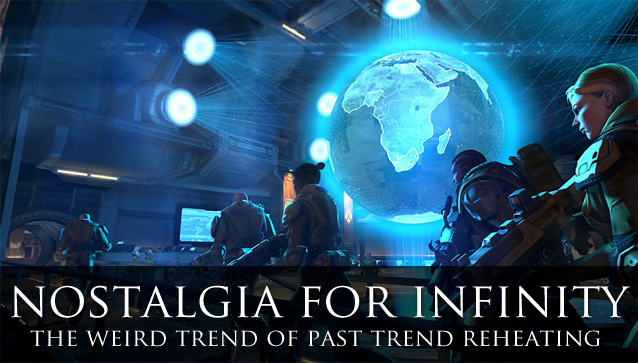 Nostalgia for Infinity - The Weird Trend of Past Trend Reheating
Nostalgia for Infinity - The Weird Trend of Past Trend Reheating Civilization: Beyond Earth Rising Tide Explorer and Artifacts Guide
Civilization: Beyond Earth Rising Tide Explorer and Artifacts Guide Yoshi’s New Island Wiki – Everything you need to know about the game .
Yoshi’s New Island Wiki – Everything you need to know about the game .